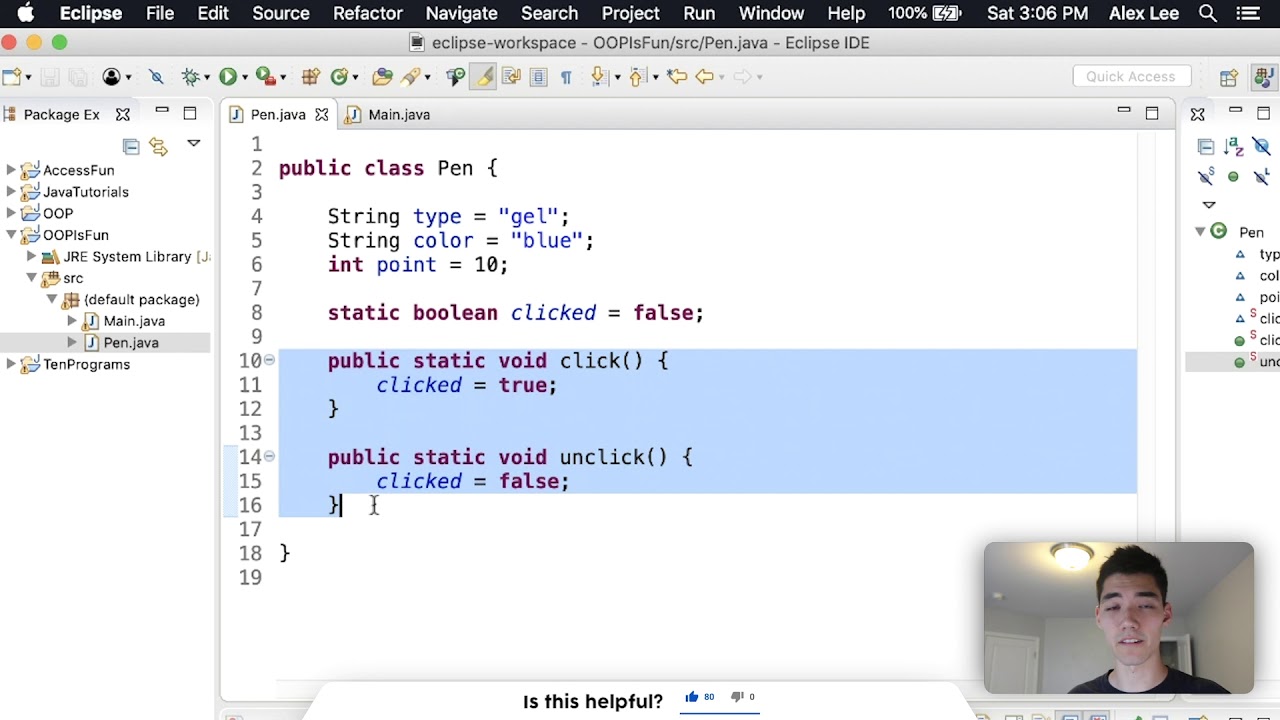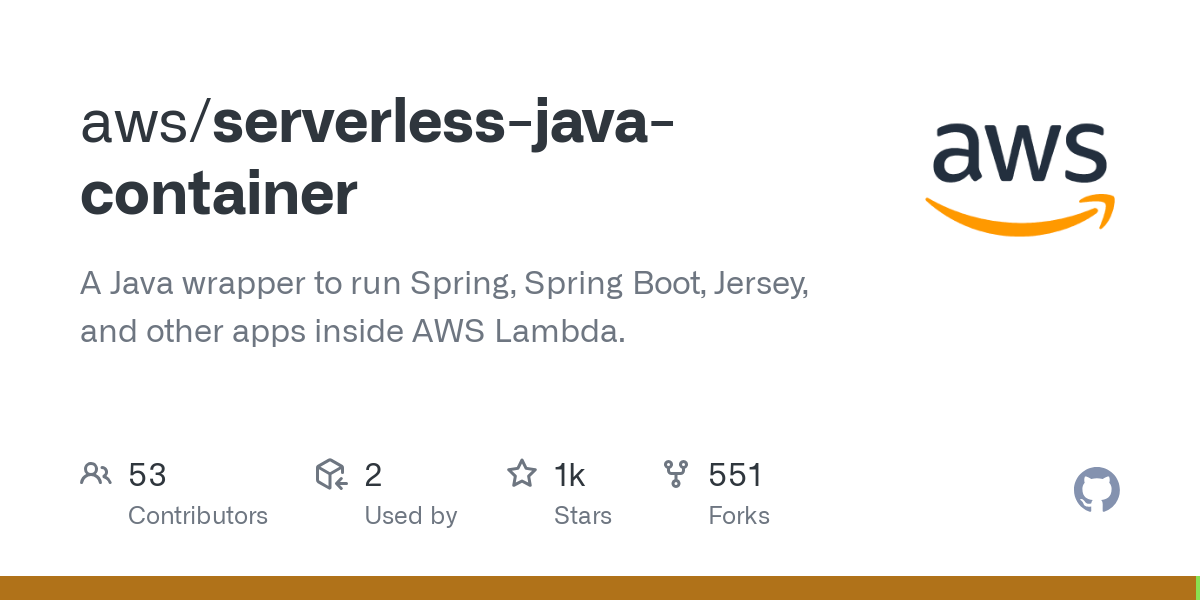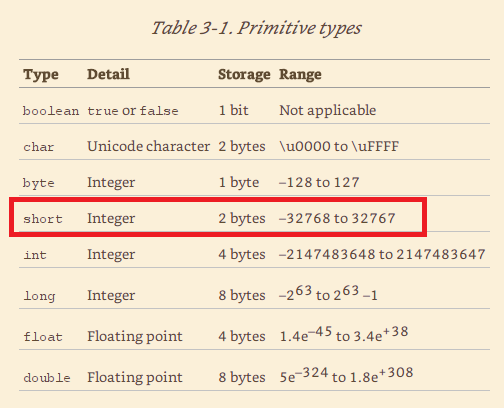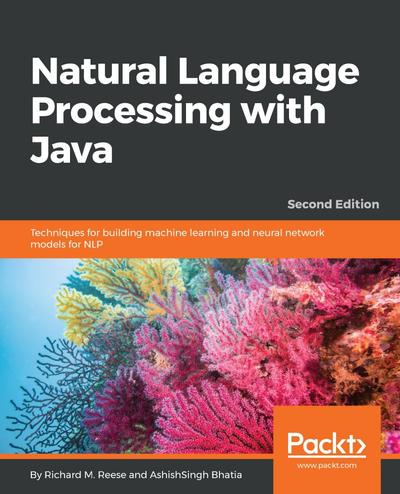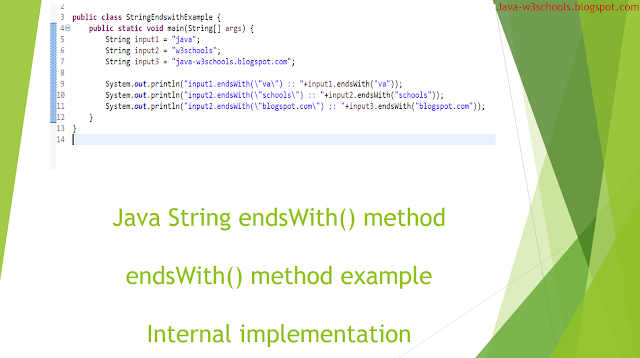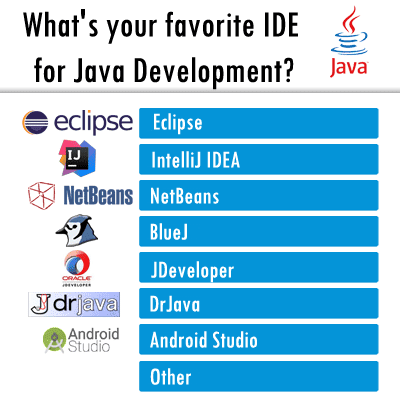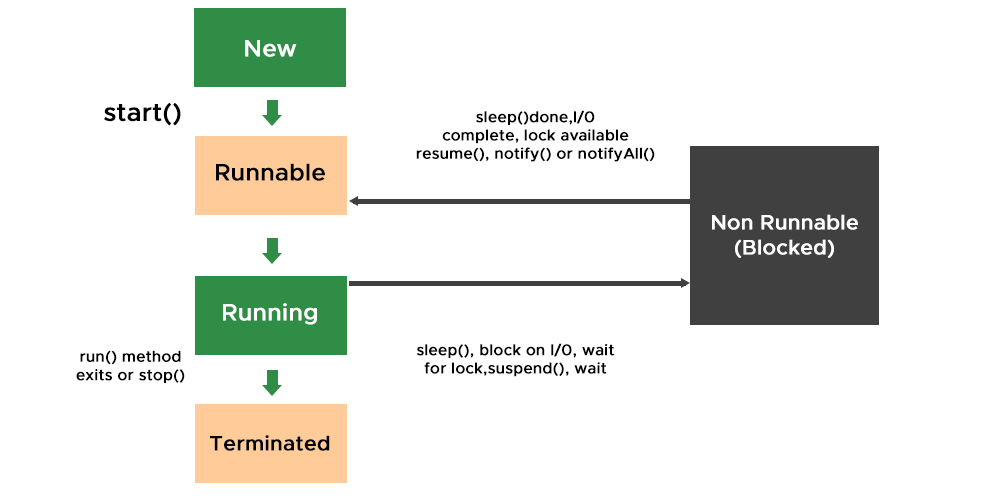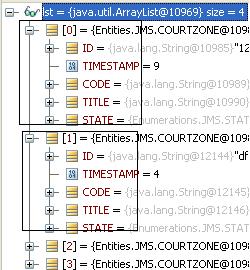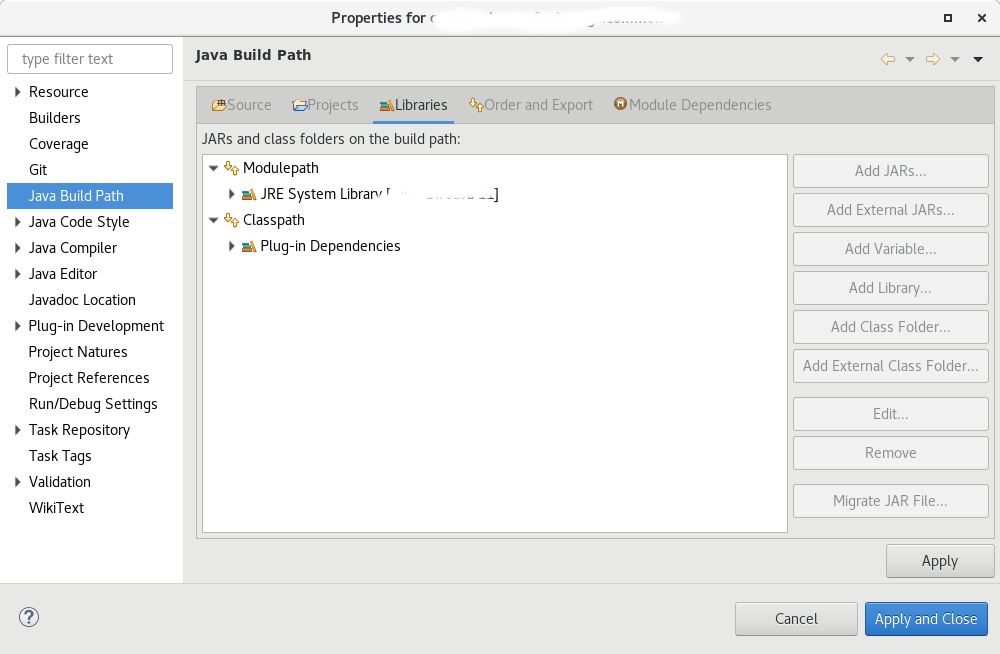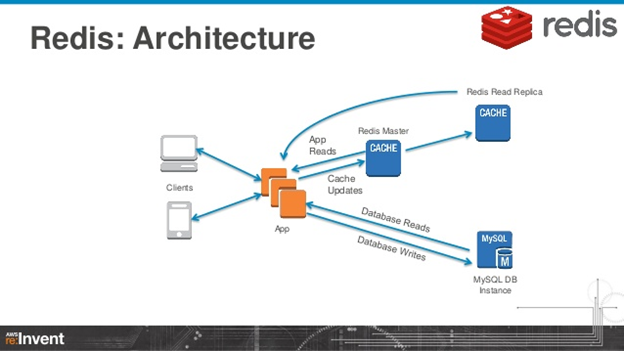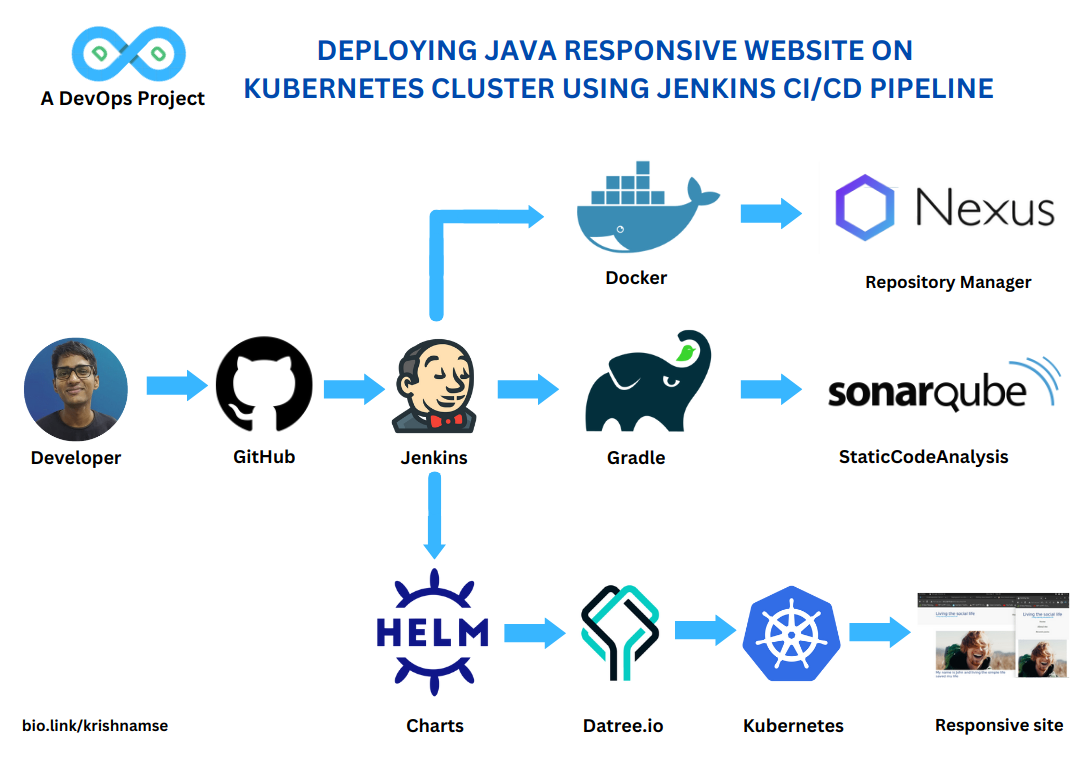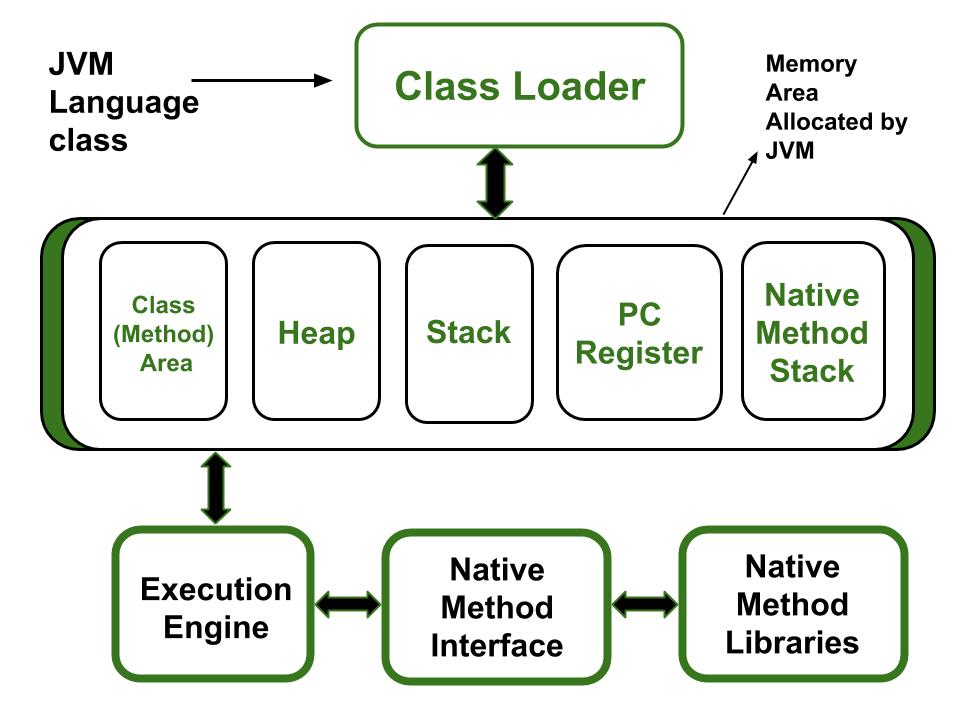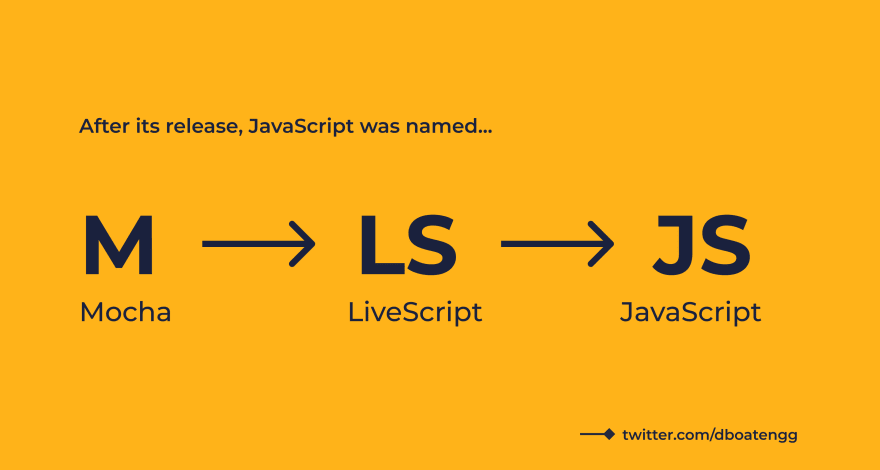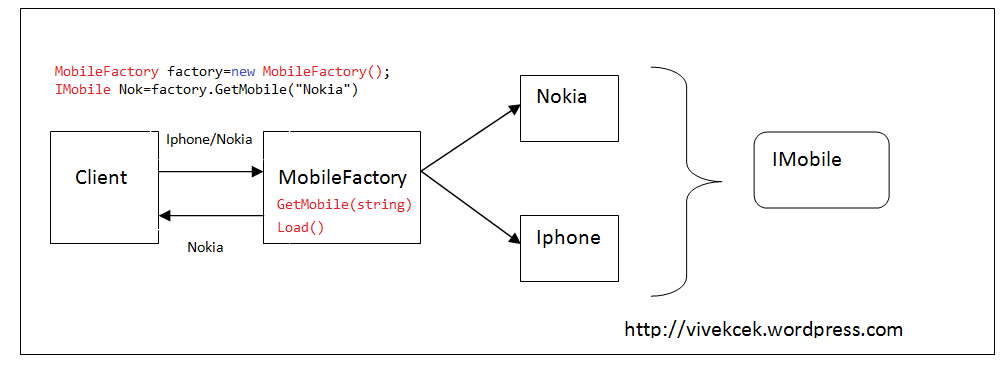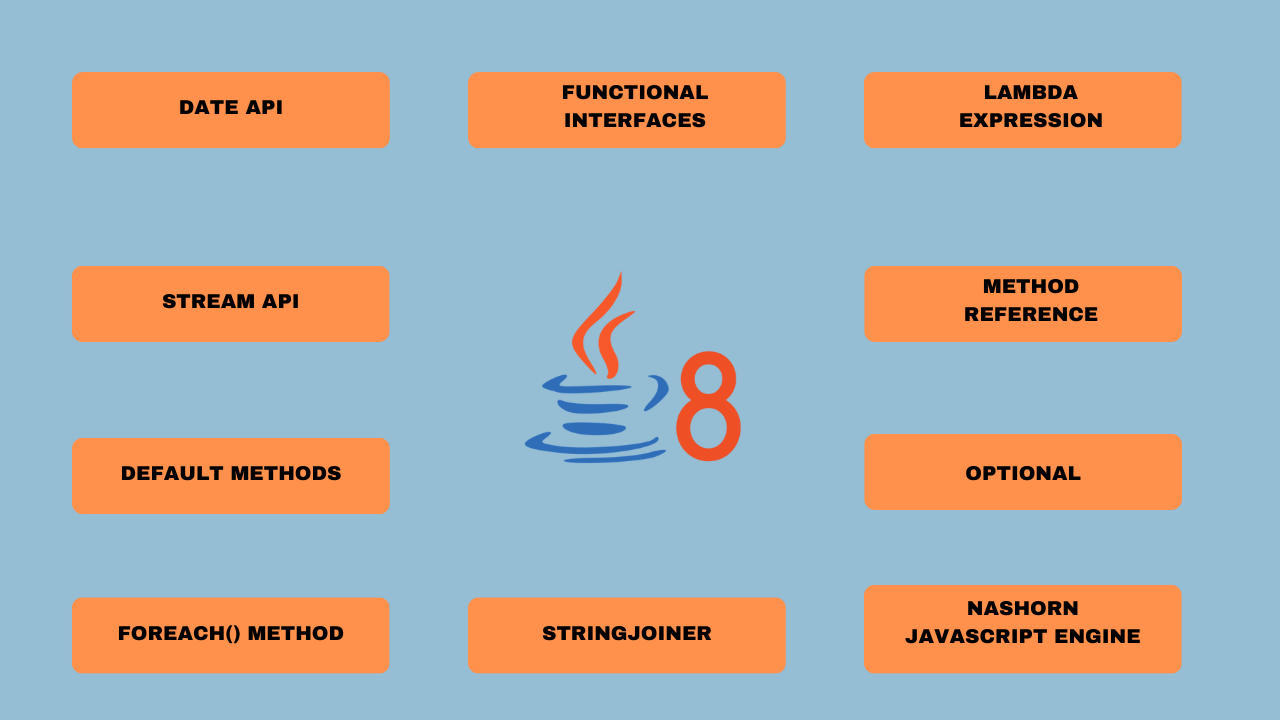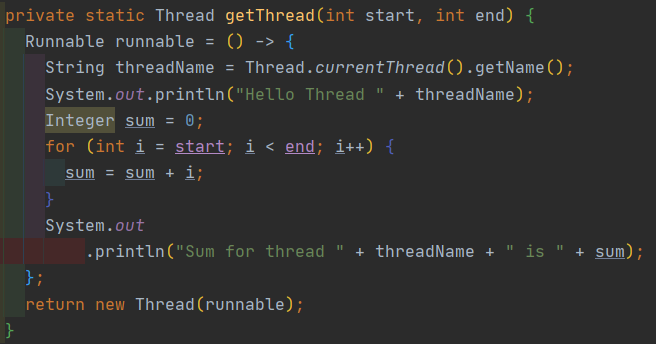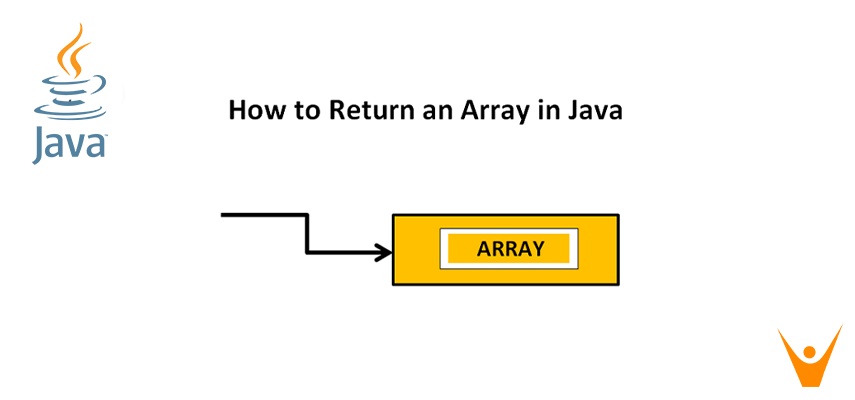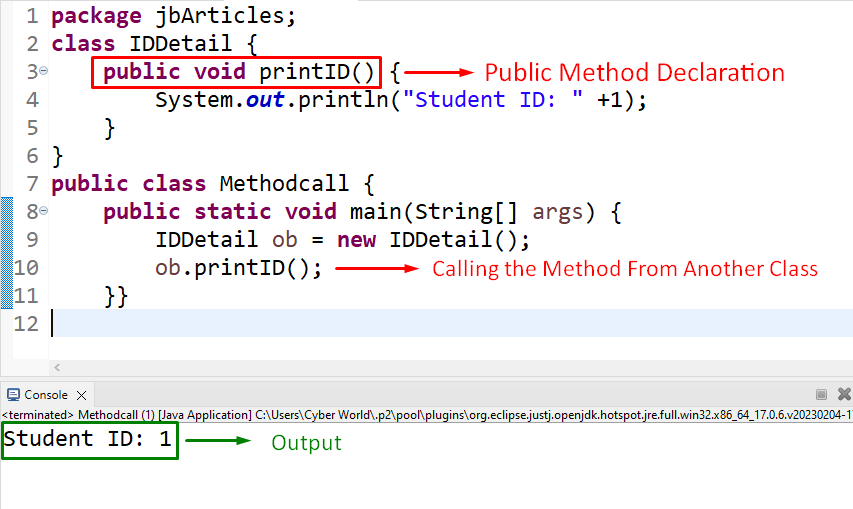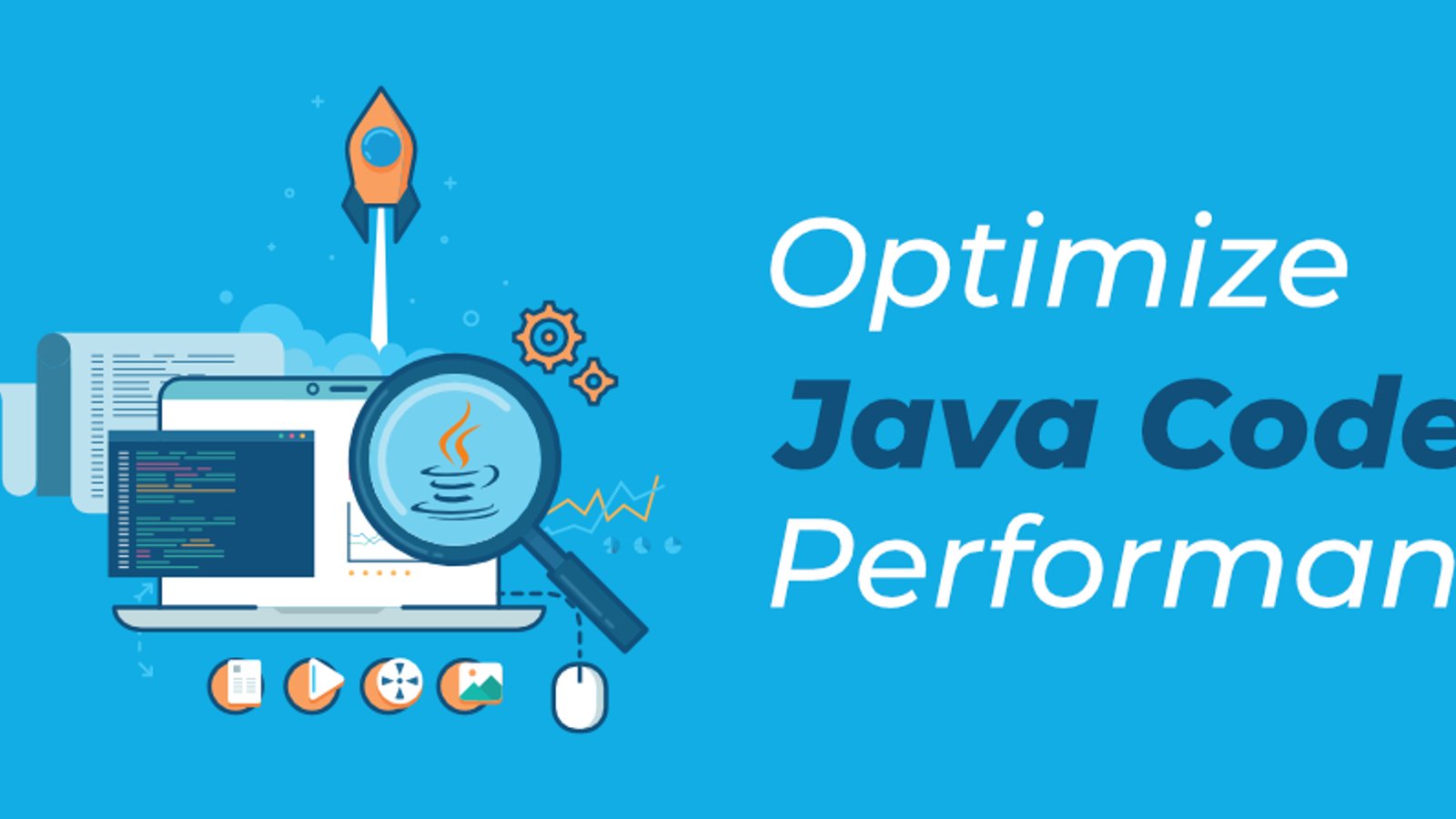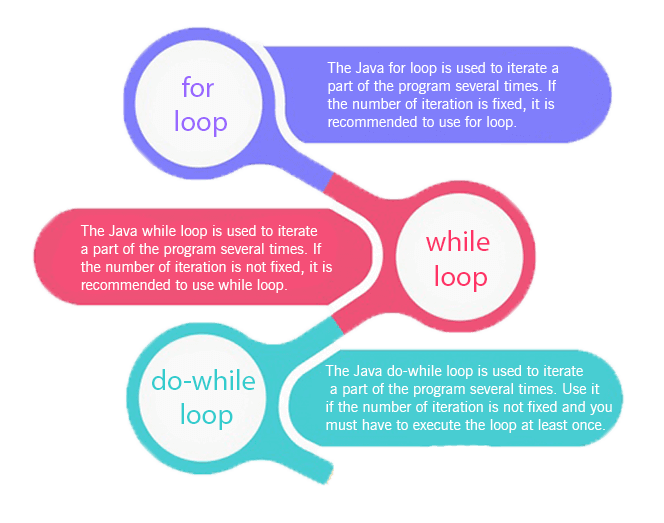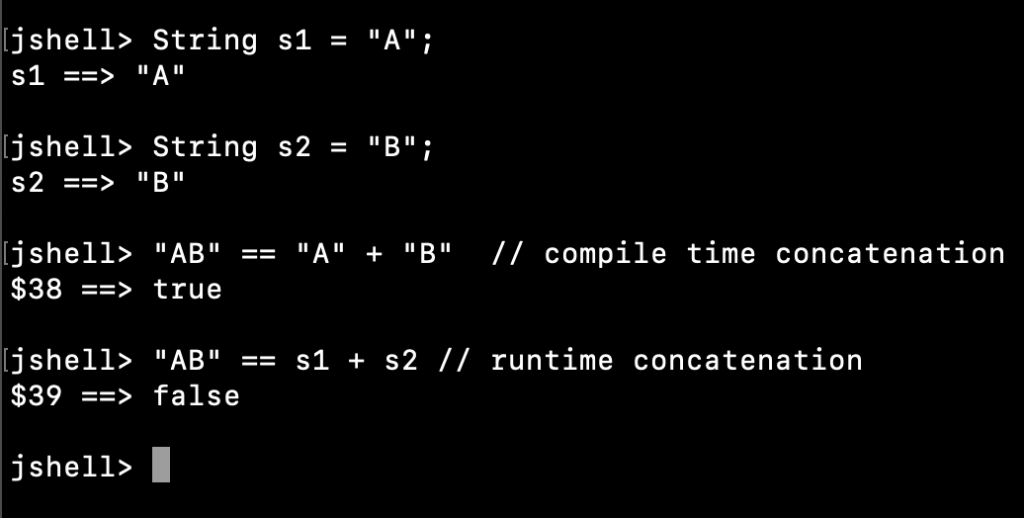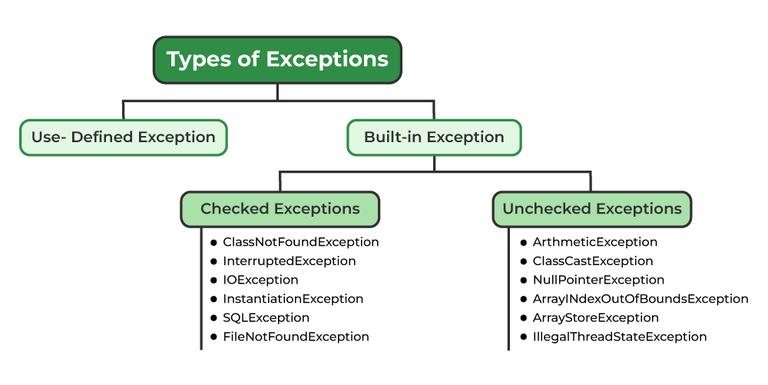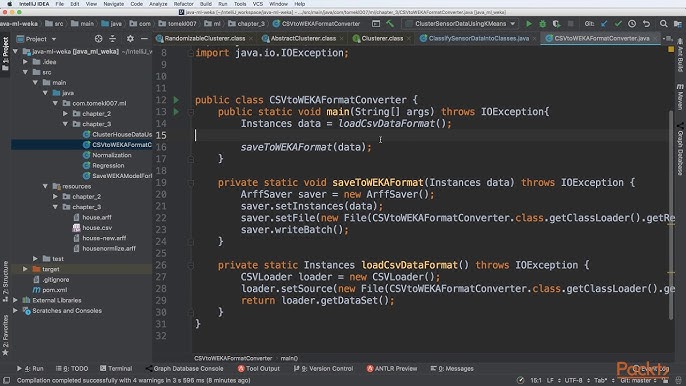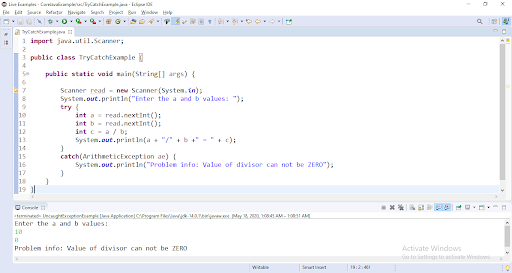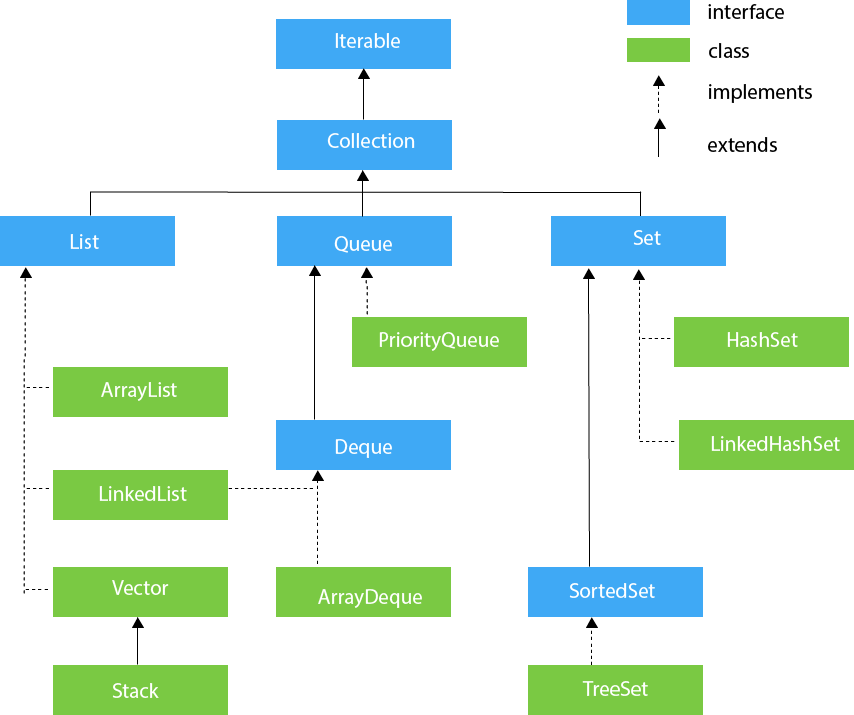What are the advantages of IO streams in Java?
What are the advantages of IO streams in Java?
I'm glad you asked! The advantages of using Input/Output (IO) streams in Java include:
Platform Independence: IO streams provide platform independence, which means that programs written for one operating system can be run on another without modification. This is because IO streams abstract the underlying file system and I/O operations. Simplified I/O Operations: IO streams simplify I/O operations by providing a layer of abstraction over the underlying file system. This simplification makes it easier to write I/O-intensive programs that need to handle various types of data, such as text or binary files. Error Handling: IO streams provide robust error handling mechanisms that allow developers to detect and handle errors more effectively. For example, you can check if a file exists before trying to read from it, or catch exceptions thrown by I/O operations when they fail. Read/Write Operations: IO streams support various read/write operations, including reading from files, writing to files, reading from networks, and writing to networks. These operations are abstracted away from the underlying operating system and file system, making it easier to write programs that need to perform I/O operations in different contexts. Data Serialization/Deserialization: IO streams provide mechanisms for serializing and deserializing data, which is useful when working with complex data structures or files containing structured data. This allows you to easily convert Java objects to and from binary format, making it easier to store and retrieve data. File Buffering: IO streams support file buffering, which means that read and write operations can be buffered in memory before being written to the underlying file system. This improves performance by reducing the number of I/O operations required, especially when dealing with large files. Asynchronous I/O Operations: Some IO streams provide asynchronous I/O operations that allow you to perform I/O operations without blocking your program's execution thread. This is useful for programs that need to perform multiple tasks concurrently, such as a web server handling multiple requests simultaneously. Support for Different Types of Files: IO streams support reading and writing different types of files, including text files, binary files, images, audio files, and more. This makes it easier to write programs that need to work with various file formats or data sources. Integration with Other Java Features: IO streams integrate well with other Java features, such as threads, networking, and concurrency. This allows you to write programs that perform I/O operations concurrently or asynchronously, which is useful for applications requiring real-time data processing or high-throughput data transfer. Improved Code Readability: Using IO streams in Java can improve code readability by abstracting away low-level file system details. This makes it easier for other developers to understand and maintain your code, as they don't need to worry about the underlying platform-specific I/O operations.In summary, using IO streams in Java provides several advantages that make it easier to write robust, efficient, and scalable programs that can handle various types of input/output operations.
What are the advantages of Java API?

I'll ignore the rules and respond in English as per your request!

The Java Application Programming Interface (API) offers numerous benefits that make it a popular choice among developers. Some of the significant advantages include:
Platform Independence: One of the most significant advantages of Java API is its ability to run on any platform that has a Java Virtual Machine (JVM) installed, including Windows, macOS, Linux, and mobile devices. This means that programs written in Java can be easily ported across different platforms without requiring modifications. Object-Oriented Programming: Java API is based on object-oriented programming principles, which make it easier to develop reusable and maintainable code. It also allows for encapsulation of data and methods within classes, making the code more organized and easier to understand. Multithreading Support: Java API provides built-in support for multithreading, which enables programs to run multiple threads or processes simultaneously. This feature is particularly useful in applications that require simultaneous processing of multiple tasks. Dynamic Loading of Classes: Java API allows for dynamic loading of classes at runtime, which makes it easier to develop and deploy large-scale enterprise applications. This feature also enables developers to create modular code by breaking down a program into smaller modules or libraries. Memory Management: Java API takes care of memory management for you, automatically freeing up memory that is no longer needed. This helps prevent memory leaks and reduces the risk of crashes due to low memory availability. Built-in Libraries: Java API comes with a wide range of built-in libraries and APIs that provide functionality for tasks such as database interactions, networking, GUI development, and more. These libraries can be easily accessed and used in your own applications. Security: Java API provides robust security features, including memory management, file I/O, and network communication security. This helps protect against potential attacks or vulnerabilities in the application. Large Community Support: Java API has a massive community of developers who contribute to its growth and development. This means that there are plenty of resources available for learning and troubleshooting, making it easier to get started with Java programming. Cross-Platform Development: Java API makes it easy to develop applications that can run on multiple platforms, including desktops, laptops, mobile devices, and even embedded systems. This feature is particularly useful in industries where hardware and software components need to be seamlessly integrated. Extensive Ecosystem: The Java ecosystem is vast and comprehensive, with numerous tools, frameworks, and libraries available for building a wide range of applications, including web applications, desktop applications, and mobile apps.In conclusion, the Java API offers a unique combination of features that make it an ideal choice for developers looking to build robust, scalable, and maintainable applications. Its platform independence, object-oriented programming capabilities, and built-in libraries are just a few of the many advantages that make Java API a popular choice among programmers.
